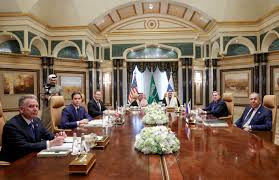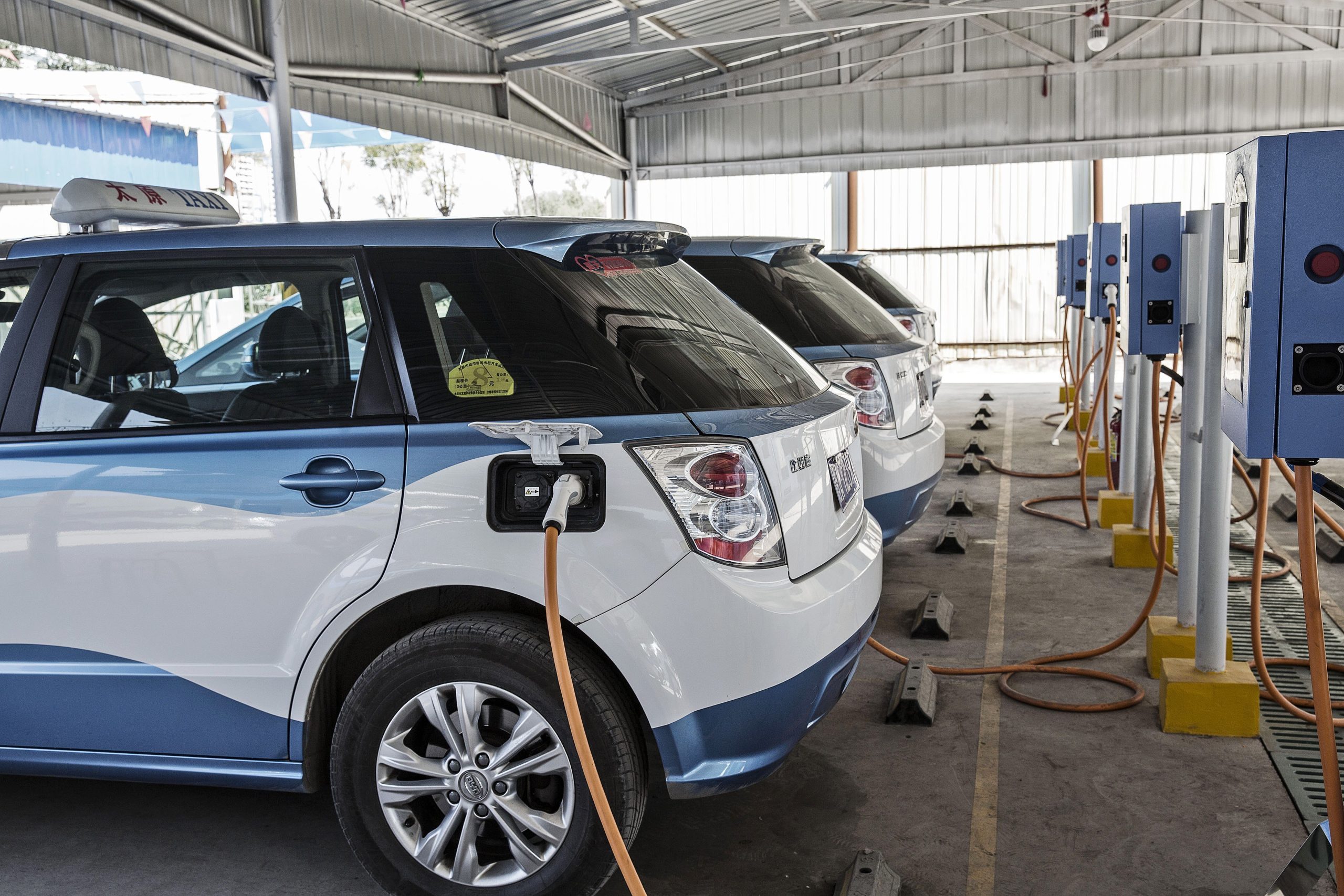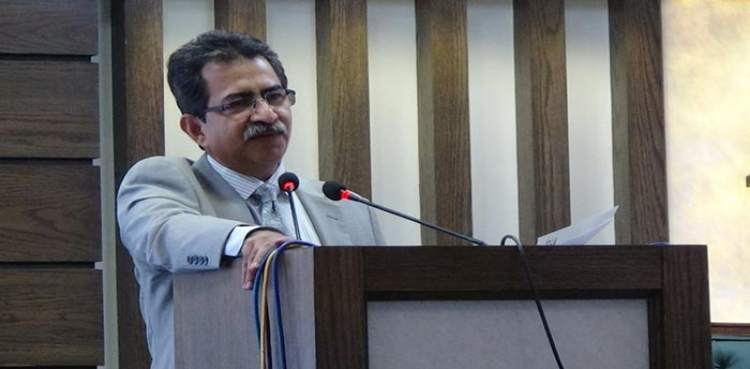President Arif Alvi has not yet summoned a National Assembly session despite the Ministry of Parliamentary Affairs sending him a summary.
The president has maintained that the lower house of parliament is still incomplete due to the non-allocation of some reserved seats, they added.
While the Election Commission of Pakistan (ECP) has allocated reserved seats to political parties, it has not awarded reserved quota to the Sunni Ittehad Council (SIC) after the Pakistan Tehreek-e-Insaf (PTI)-backed independent candidates joined their ranks.
The ECP has maintained that the matter of SIC reserved seats is “pending before the commission”.
The insiders also said the president had neither rejected nor accepted the summary and only communicated his verbal response on the matter.
The interim government has maintained that the NA session will take place on February 29 even if the president did not sign the summary under Article 91 of the Constitution.
In a statement, Pakistan Muslim League-Nawaz (PML-N) senior leader Ishaq Dar said that the National Assembly speaker could summon the session on February 29 if the president did not do so under the Constitution.
The caretaker federal government has maintained that convening the National Assembly session within 21 days of the general elections is mandatory under Article 91 (2) of the Constitution, as per sources.
If the president did not sign the summary, the lower house session will take place on February 29 in line with the Constitution, the sources quoted caretakers as saying.
Earlier this week, caretaker Minister for Information, Broadcasting, and Parliamentary Affairs Murtaza Solangi had said that the first session of the new National Assembly might be called on any date between February 22 and February 29.
As per the Constitution, the president could convene the National Assembly’s session within 21 days of the polling date, the minister said while explaining the post-election procedures in a talk show on Pakistan Television.
Responding to a query, he mentioned that a simple majority was required to form a government, and the president did not have the power to invite a person or a party for the formation of a government. After the 18th Constitutional Amendment, he explained, the office of the president represented the Federation.
Under the Constitution, the president is duty-bound to convene the National Assembly session within 21 days of the polling day.
In a maiden session of the NA, the incumbent speaker would administer the oath to newly-elected MNAs followed by the election of speaker, deputy speaker, and prime minister.



















































